Local Study
The importance of local history for developing a sense of place and identity is emphasised by the National Curriculum. The local landscape and buildings can often reveal a great deal about the use of land and the type of people who lived there in the past. Buildings and landscape can reveal how long a heritage the place has had. Monuments and local heritage or parish records can highlight individual local heroes or provide a window into the lives of ordinary local people in times gone by. How similar or different were their lives? Often, the local picture can also help to reveal the national or international picture.
Sort by:
Date (Newest first) | Title A-Z
Show:
All |
Articles |
Podcasts |
Multipage Articles
-

A view from the classroom: Teachers TV, The Staffordshire Hoard And 'Doing History'
ArticleClick to view -

Saltaire: Planning for an effective learning experience on a living site
ArticleClick to view -

Using a local historical figure as a stimulus for history in the English National Curriculum
ArticleClick to view -

A Local History Toolkit
ArticleClick to view -
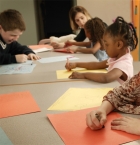
Using Local Buildings
ArticleClick to view -
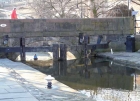
History in the Urban Environment
ArticleClick to view -
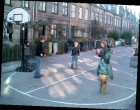
Learning what a place does and what we do for it
ArticleClick to view -

Engaging places with KS2
ArticleClick to view -
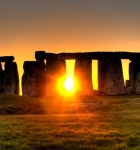
England's Past For Everyone
ArticleClick to view -

The British Association for Local History (BALH)
ArticleClick to view -
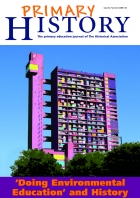
Primary History 52: Education and the Environment
ArticleClick to view -

School children work as archaeologists
ArticleClick to view -

Our heritage: use it or lose it
ArticleClick to view -

Dealing with the dead: Identity and community - Monuments, memorials and local history
ArticleClick to view -

The creative history curriculum
ArticleClick to view -

Northamptonshire in a Global Context
ArticleClick to view -

Primary History 46: Citizenship, Controversial Issues & Identity
ArticleClick to view -

Introducing history at Key Stage 1: a view from the classroom
ArticleClick to view -

What was it like to live here in the past? Resourcing the local study
ArticleClick to view -

Planning a Victorian School Day
ArticleClick to view

